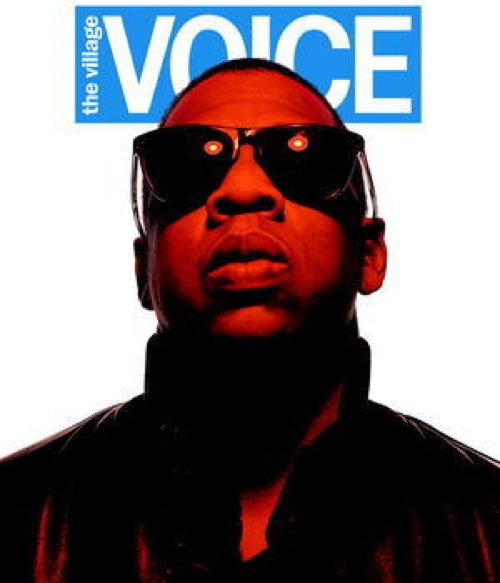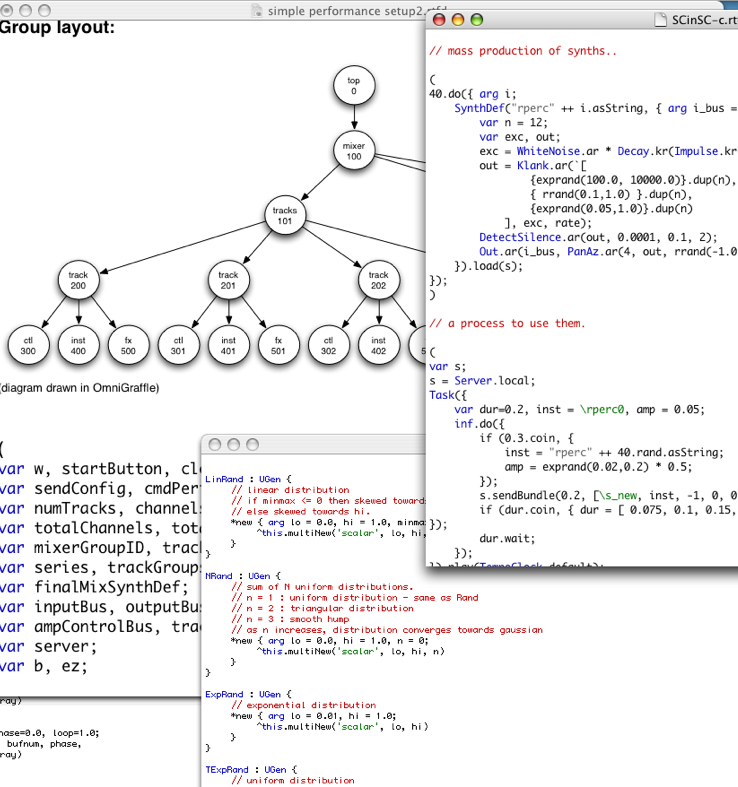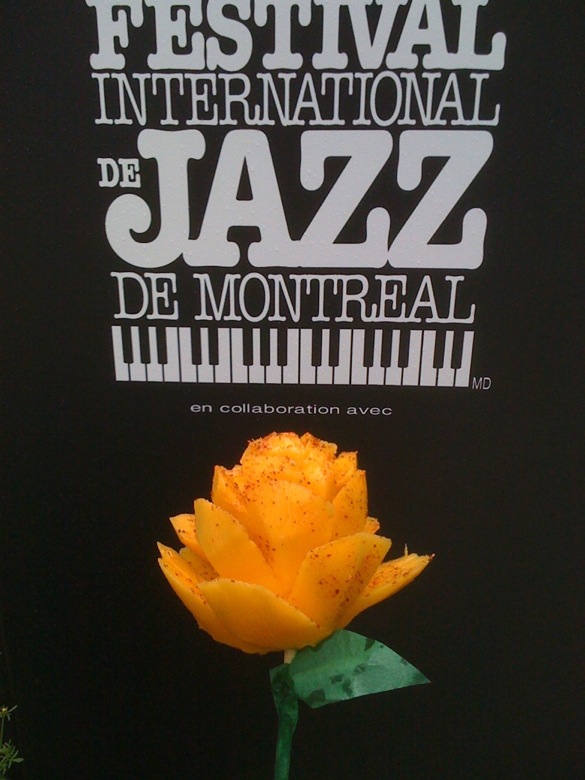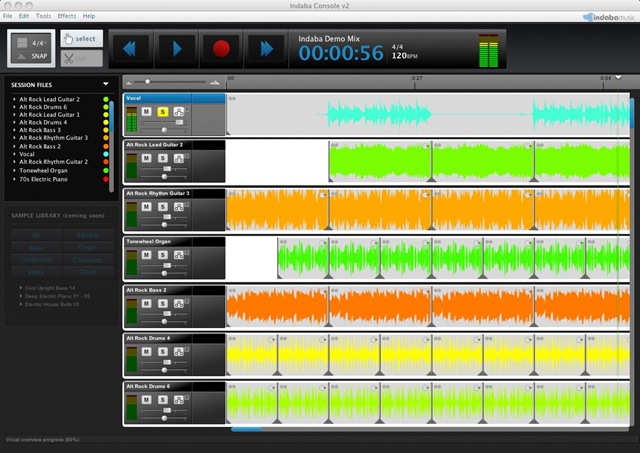I have a small spot this week with the Village Voice for the 2009 “Pazz and Jop” music critics’ poll.

(Not me.)
There’s my ballot, of course, and Glenn McDonald’s usual statistical analysis (he was quite fittingly tapped by the Voice to run the official numbers this year), but also this time a short bit in the commentary portion of the program.
As a displaced second-generation, it warmed my heart a bit to see legendary Indian film composer A.R. Rahman finally get his due in the States thanks to the Slumdog Millionaire soundtrack, the ensuing performance during the Grammy Awards broadcast, and, of course, that crucial assist from M.I.A.’s tidy soundbite referring to him as “the Indian Timbaland.” It’s a shame, however, that it took six years to come up with a suitable follow-up to Jay-Z championing Panjabi MC. Come on, second-most-populous country in the world, get your act together.
More

(Also not me, but getting warmer, I suppose.)
Since the Petey Pablo song is a good six years old at this point and “Jai Ho” as sung by the Pussycat Dolls makes me die a little inside with each masochistic tick of the iTunes play count (yes, I downloaded it, shut up), I’ll instead point you here to “Mann Chandre” from his decent (if ultimately not quite ballot-worthy) ’09 album Connections. I’m not so sure about the Voice’s section heading, which is “Yes, I ‘Actually’ Like It: More music to love, loathe, fear, and tragically fail to avoid,” but I’ll guess I’ll just assume the first option there unless explicitly told otherwise.
Now, I’ve voted before, but this time my guiding logic was a lot more interesting (a relative term there, I realize).
First, the unranked singles portion. I was far better equipped to handle that part this year, in large part because I’ve been closely following former Stylus Magazine writer Will Swygart‘s awesome new Singles Jukebox blog, in which he aggregates the scores and witty blurbs about current pop singles from his own fairly killer lineup of music critics; it’s a bit like a daily P+J pill, in a way. The Jukebox first crossed my desk around the time they skewered Parachute, a pop-rock band based in Charlottesville which I wrote about on several occasions for The Hook; it was both brutal and captivating, and I’ve been addicted ever since. The caveat here — and it’s a big one — is that I didn’t manage to get around to sifting through Pitchfork’s 2009 best-of yet. It’s been compiled into a single handy download, available via your favorite troublemaking website. Say what you must about other aspects of their editorial coverage — there’s some baggage there, at least — but I really can’t argue with the taste; 2007 and 2008 (also available via the same) were superb. (I will also point out, however, that somehow my stated preference for the wonderful remix of Das Racist’s otherwise grating snack food devotional chant “Combination Pizza Hut And Taco Bell” was not preserved, and the votes for both were apparently collapsed when tallied.)
The album portion will require a bit more explanation.
See, while I am a voracious listener and obsessive hoarder, for the most part I am quite over the album as an arbitrary grouping construct for listening; Smart Playlists > iTunes Genius > Shuffle, and so forth; no big surprises there, I’m sure. But in addition, I still tend to listen more as a fan and a musician rather than as a critic, which means that I’m looking for things I can love and/or learn from (ideally both) rather than pontificate on or publish about. Come to think of it, even when I’m wearing the critic’s hat, I’d say it’s of far more value in the long run to spend my energy making friends with established works of far-reaching cultural relevance than running around trying to obsessively catalogue everything that’s new and undocumented. More bluntly, and obviously: I care more about what it sounds like than when it was released. However, I write in various forms for what can only sensibly be considered the mainstream music press, which overwhelmingly tends toward discussing new albums. Thus, I have a little conflict on my hands.
I should therefore be considered fairly incompetent with this sort of thing, grand statements about evaluating the best albums of the year and so on, hence my even-steven ten-point ratings across the entire group. Honestly, it all just amounts to a mad dash every November or so to find ten that I’m not horribly embarrassed to throw my support behind. (I realize there’s plenty of amazing stuff being made, though, so that’s less a cynical humbug in which I hate all contemporary music and more like an admission that I’m not particularly inclined to look for it in my increasingly-rare elective listenings when there’s still so much Mingus or whatever which I haven’t learned yet.)
Anyway, last year I barely made it to the tenth. This year, I found nine. This brings us to another substantial disconnect between my head and my writings, and then to what just might be the strangest album represented in the poll this year.
Thanks to other facets of my life (I have them, I swear), I have a substantial amount of training in things like music theory, arrangement, audio engineering, and production technology, and though they all certainly inform my evaluations when I’m writing critically, they’re fairly difficult subjects to address directly unless I’m dealing with a specialty publication like Tape Op, Create Digital Music, or Indaba (although I did recently get away with dropping some theory on Lady Gaga for PopMatters). So given the opportunity, and finding myself in a bind just hours away from the submission deadline, I decided to give slot #10 over to my hyper-technical side.
I’ve been doing a lot of web development in PHP lately, specifically with the “object oriented” paradigm, in which the functionality is captured in small modular chunks and recalled asymmetrically instead of simply run from the beginning of the script through to the end. That logic is just a way of organizing concepts, though, and has also been used to great effect in several audio-specific programming platforms that I’m really interested in learning as a way of taking my interest in controlling audio technology to its logical extreme. They essentially let you sculpt sounds using the most low-level fundamental elements your computer can possibly control — oscillation frequencies controlled by mathematics controlled by data flow structures, and so on. Max/MSP and PureData are the most popular graphical options among these, but I’ve lately developed a particular interest in a similar textual platform called SuperCollider, mostly due to its elegant program infrastructure and also its ability to export to Apple’s industry-standard Audio Unit plug-in format, which allows finished projects to be run as fully-integrated elements of more common audio workstations like Ableton Live or Apple’s own Logic and GarageBand.
It’s quite incredible. It runs on code and equations, like so:

And I find putzing around inside quite fascinating even though I don’t really know how to drive it yet. It even shares vague syntactical similarities with PHP.
So then a funny thing happened earlier this year among SuperCollider users: presumably as equal parts a show of coding virtuosity and a means of much-needed social interaction, the finest among them started sharing their sound creation codes using Twitter, which obviously meant that a complete idea had to be executed in under 140 characters (in some cases even leaving room for the #supercollider hashtag, which is of course all the more impressive). Some of them are quite captivating, all things considered. Immediately after submitting my ballot, I fully intended to write my own 140-character tidbit by the time the issue came out, but damn, this shit is hard! Not quite there yet, unfortunately. So instead…
By Batuhan Bozkurt:
play{AllpassC.ar(SinOsc.ar(55).tanh,0.4,TExpRand.ar(2e-4, 0.4,Impulse.ar(8)).round([2e-3,4e-3]),2)};// #supercollider with bass please… [mp3]
By Micromoog:
play{VarSaw.ar((Hasher.ar(Latch.ar(SinOsc.ar((1..4)!2),Impulse.ar([5/2,5])))*300+300).round(60),0,LFNoise2.ar(2,1/3,1/2))/5}//#supercollider [mp3]
(As far as I can tell, the code is also the title of the piece, which is either cute or infuriating, depending.)
A sort of best-of was promptly curated by UK tweako-tune mag The Wire for digital release (aka “woohoo we made a zip file!”) as SC140. I am sure you’ll be shocked to learn that I’m the only guy who voted for it.








